Key Takeaways:
- Visible machine data helps executives make informed strategic decisions.
- Access to real-time data aligns operations with business goals and boosts productivity.
- Transparency in machine performance drives accountability and continuous improvement.
What got you here will not get you where you are going. This saying may be the key to understanding the difference in adopting and scaling technology. Executives have seen how integrating new technology such as AI and IoT adds value but miss milestones and ROI estimates. The following will review how executives can leverage machine data for business intelligence to reach that next step.
Problems with Scaling Pilot Projects
One of the current drivers in manufacturing is using technology to increase production and reduce costs. Many early projects focus on connectivity and machine data. While a machine data project could show promise, it might fail to meet the expected ROI or scale with similar results. This is often because the objectives of pilot programs are geared towards that single project.
Executives should know how machine data projects meet objectives locally, but consider how local success would affect other stakeholders. While understanding how machine data fits into the bigger picture, new technology may not yield a change at the business level until some percentage of adoption or N-value is achieved. Below we outline what you should consider when launching a pilot program.
Where to Start?
Know your objective and why they are important. Consider multiple projects (just a few, not dozens) that could show the greatest impact locally while understanding the potential for impacting higher-levels of business intelligence if it succeeds or fails.
Document your workflow, resources, and other key performance indicators to identify areas that would be easy to integrate technology quickly to gain machine data. Know how long it will take to get enough data for accurate results to make informed decisions. Informed decisions include two sets of results - time to determine if the pilot was a success, and how long or the amount of adoption that is necessary to collect machine data for higher business functions.
But it’s Been Fine for Thirty Years!
This statement is perhaps the most damaging statement in a dynamic and quickly evolving industry. However, there is some truth to this. Don’t start with the assumption of destroying legacy equipment or connecting everything with new, state of the art devices. Legacy equipment can still be connected!
Legacy equipment or networks might still provide value. Updating them could be spending money on diminishing returns when that money could go towards an area that would provide a better ROI. Be aware of new technologies that work with legacy equipment to amplify what you already have.
It is up to executives to provide leadership, but let managers do what they know is best. When it comes to innovation, support from the top down, but build from the bottom up. While an executive can set the pace and direction, managers may better understand the architecture and workflow to make case-by-case decisions.
Want real-time production visibility?
Machine Data to Business Data
A trend in technology adoption is to find solutions that are easy to determine an ROI or tangible benefit from, such as predictive maintenance. Machine data might be left on the factory floor if executives cannot see how it relates to business goals. Making quick, informed decisions at the business level might include data from what happens outside a company - Sales, supply chain, and what competitors are doing. But pilot programs offer a chance to start seeing how machine data could relate to…
- The flexibility or responsiveness of a company
- Revenue or possibilities for creating new revenue streams
- The customer experience
- Marketing campaigns
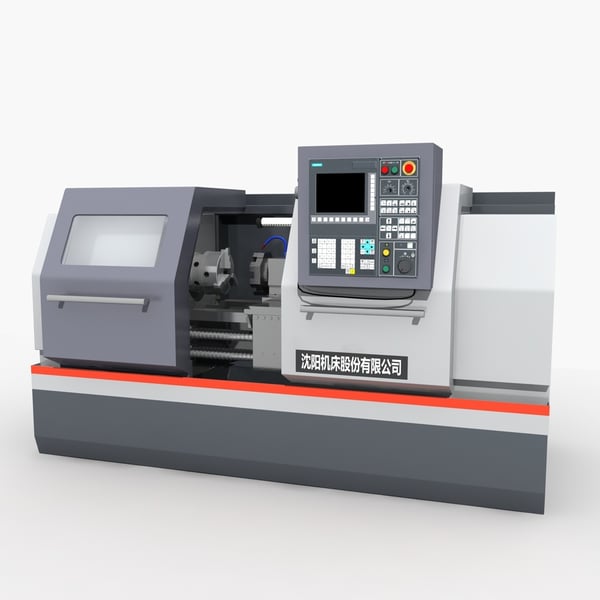
Misconceptions and Solutions
A common misconception is that machine data needs to be processed in order to be used at the business level. Companies have invested money for advanced software in an attempt to filter data for business analytics. However, custom solutions can be expensive, take a long time to develop, and aren’t able to be flexible or easily adaptable once in place.
One-size-fits-all or off-the-shelf solutions can be quick to integrate but also limiting. Finding more hybrid solutions that offer modular and customizable software are valuable when getting started. Look for technology providers that offer software as a service (SaaS), provide dynamic dashboards, and microservices able to mitigate Edge and Cloud machine data. Hybrid solutions make it possible to get started quickly and adjust with customized features as needed.
SaaS with real-time machine data, alerts, and notifications are great for keeping the shop floor moving while additional features such as Key Performance Indicators (KPI) and Enterprise Resource Planning (ERP) help keep an eye on the big picture, drive supply chain inventory, and help executives make informed business decisions.
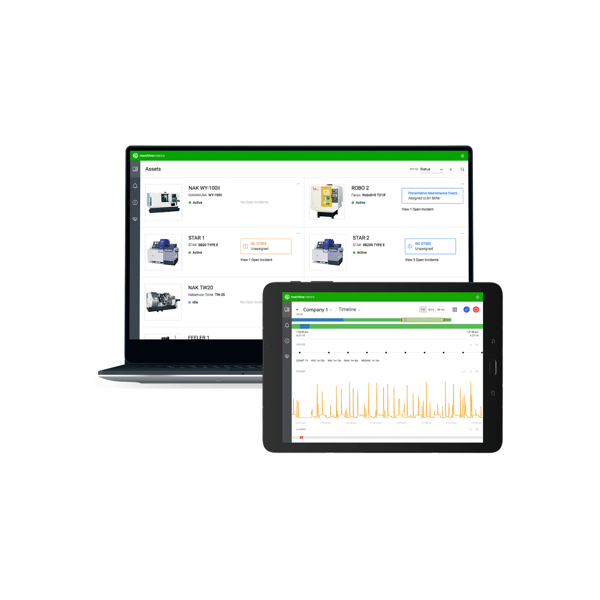
Overall, executives must support innovations and drive company culture towards using machine data analytics. After all, data is the future of manufacturing. This can be done by encouraging pilot, training, and bonus programs. Creating a communication system where workers can share ideas or problems can help indicate which programs would motivate your employees best. In some cases, companies have introduced gamification or competitions such as hackathons to engage and educate employees. Just remember, what got you where you are at, will not get you where you’re going. Don’t hold on to yesterday's solutions when tackling tomorrow’s objectives.
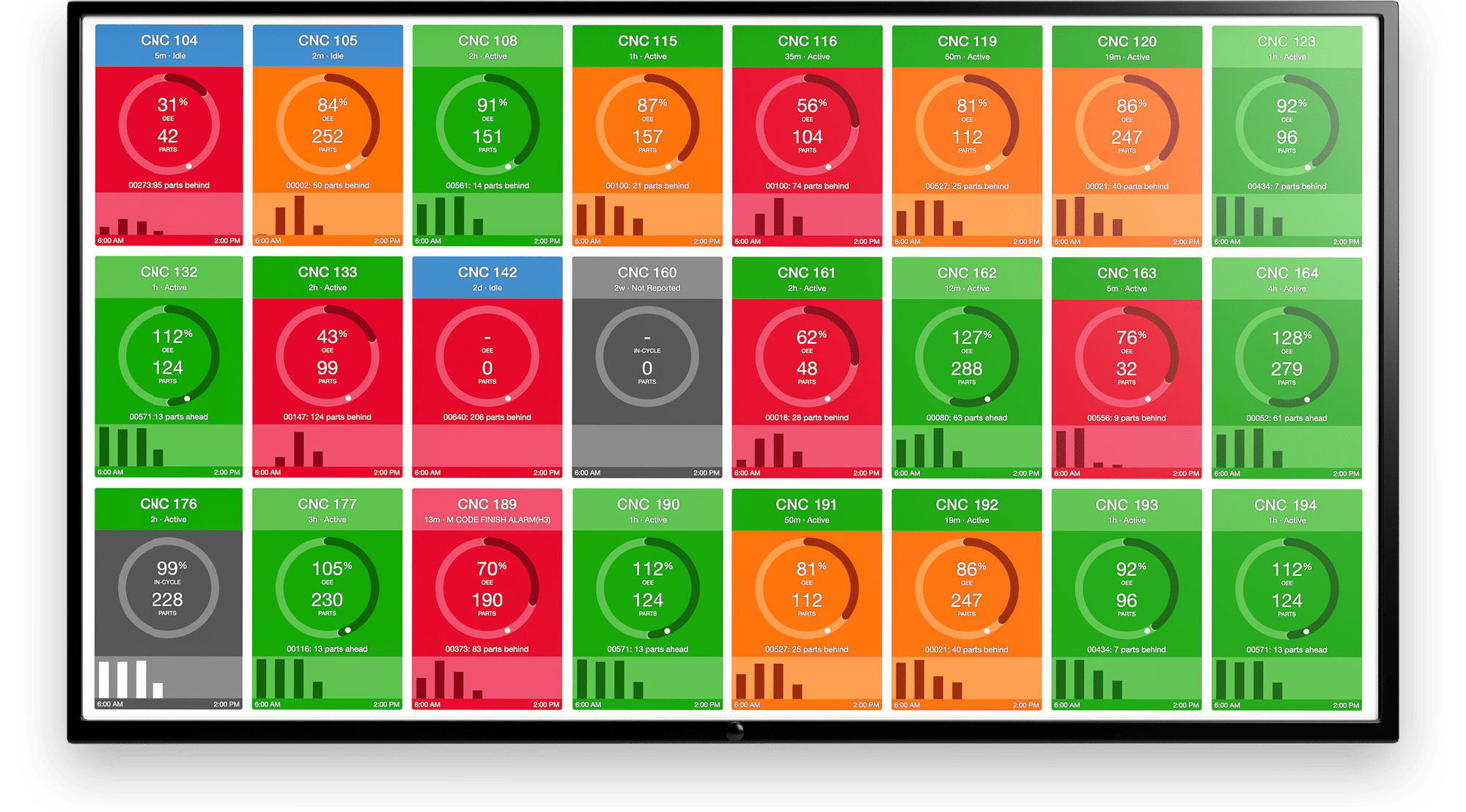
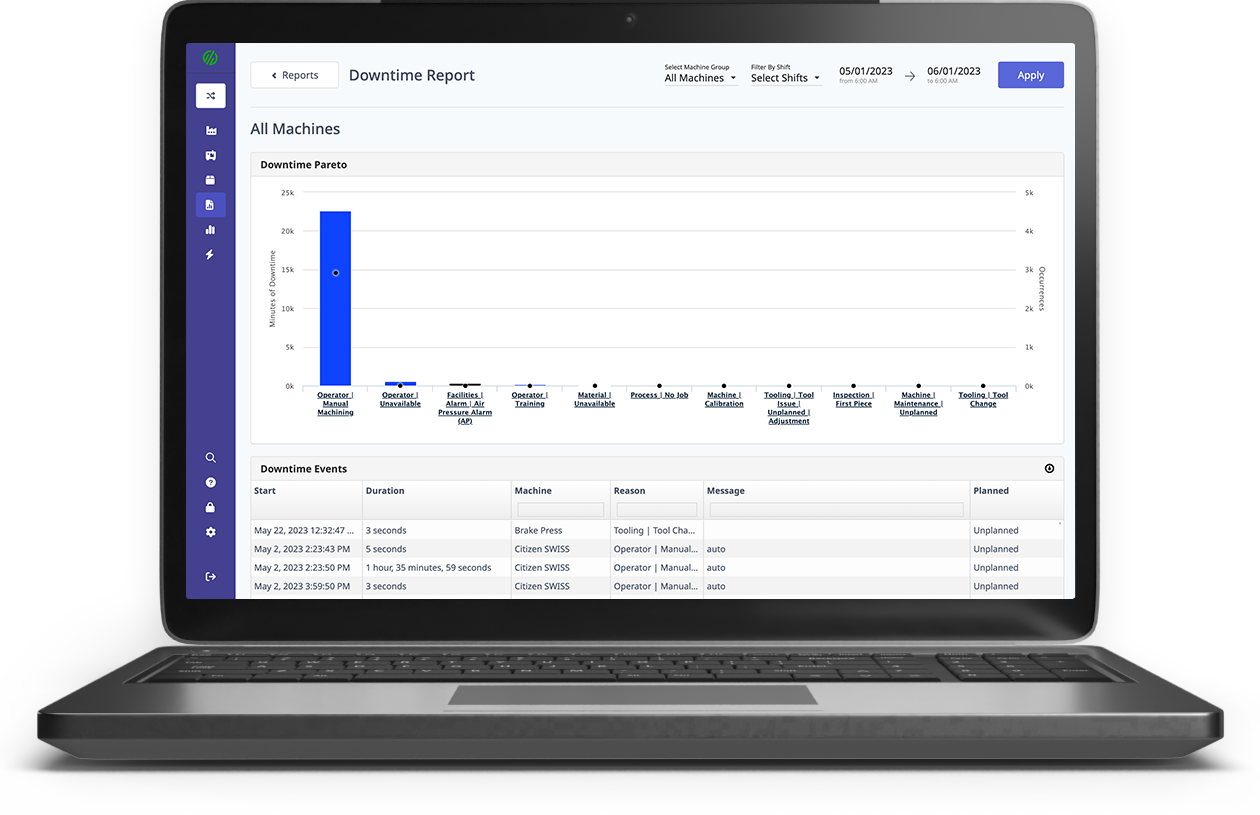
.png?width=1960&height=1300&name=01_comp_Downtime-%26-Quality_laptop%20(1).png)



.gif)
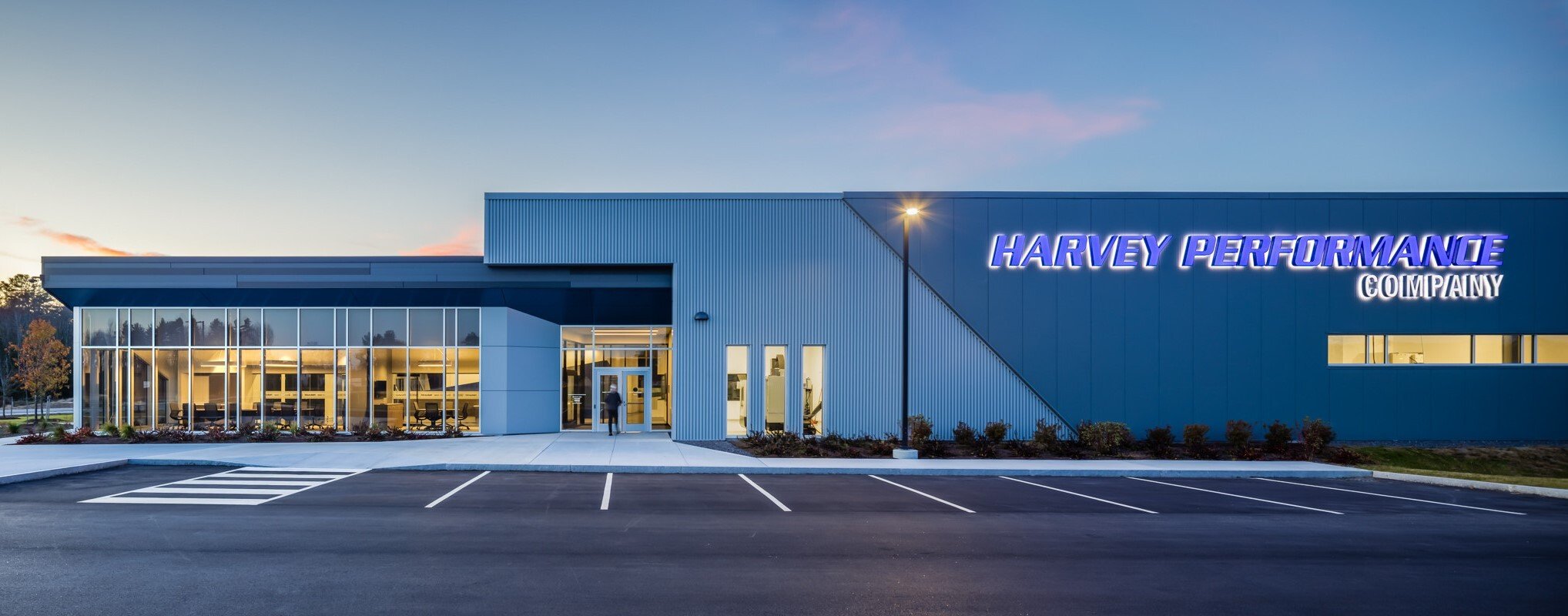
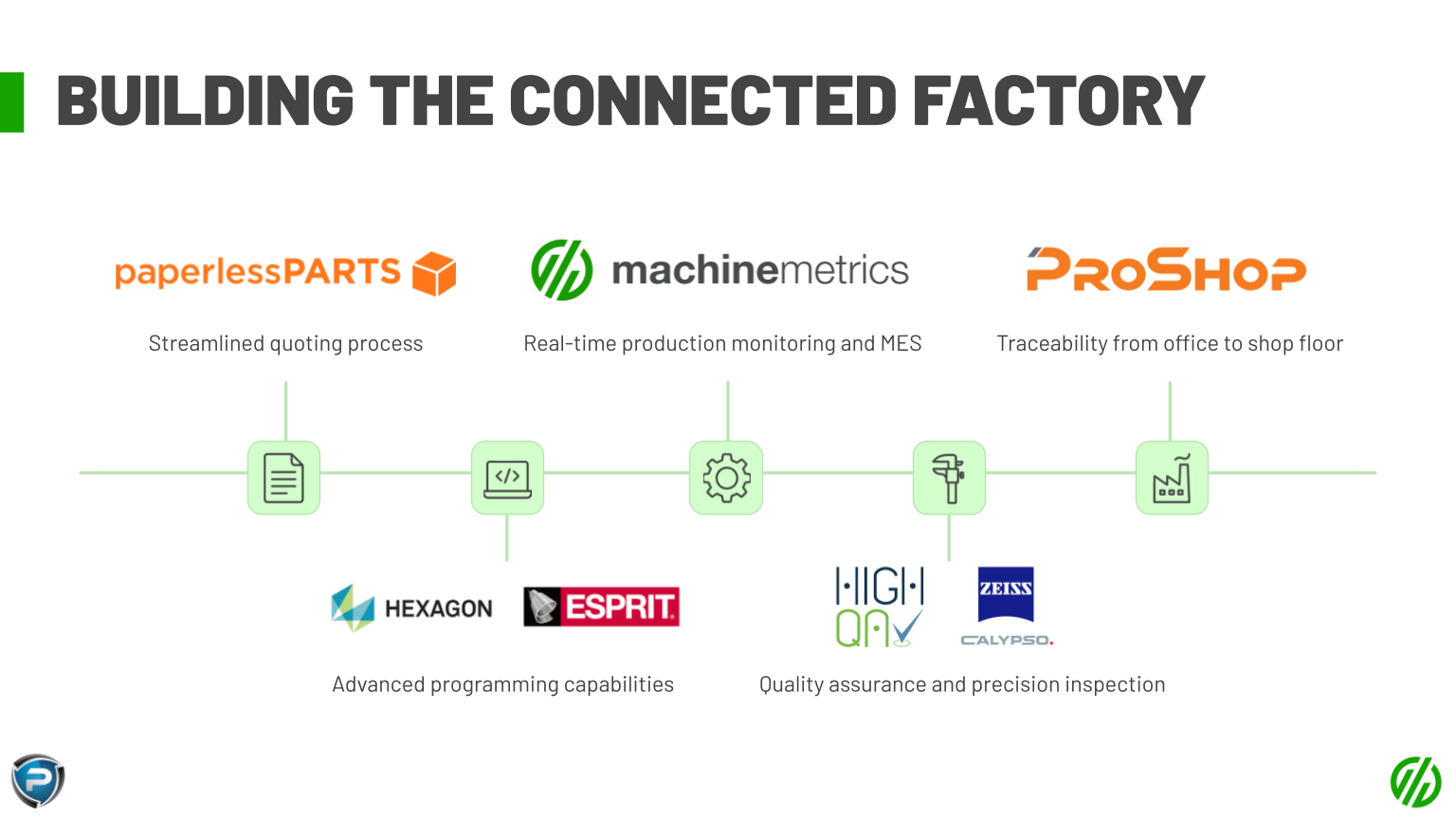
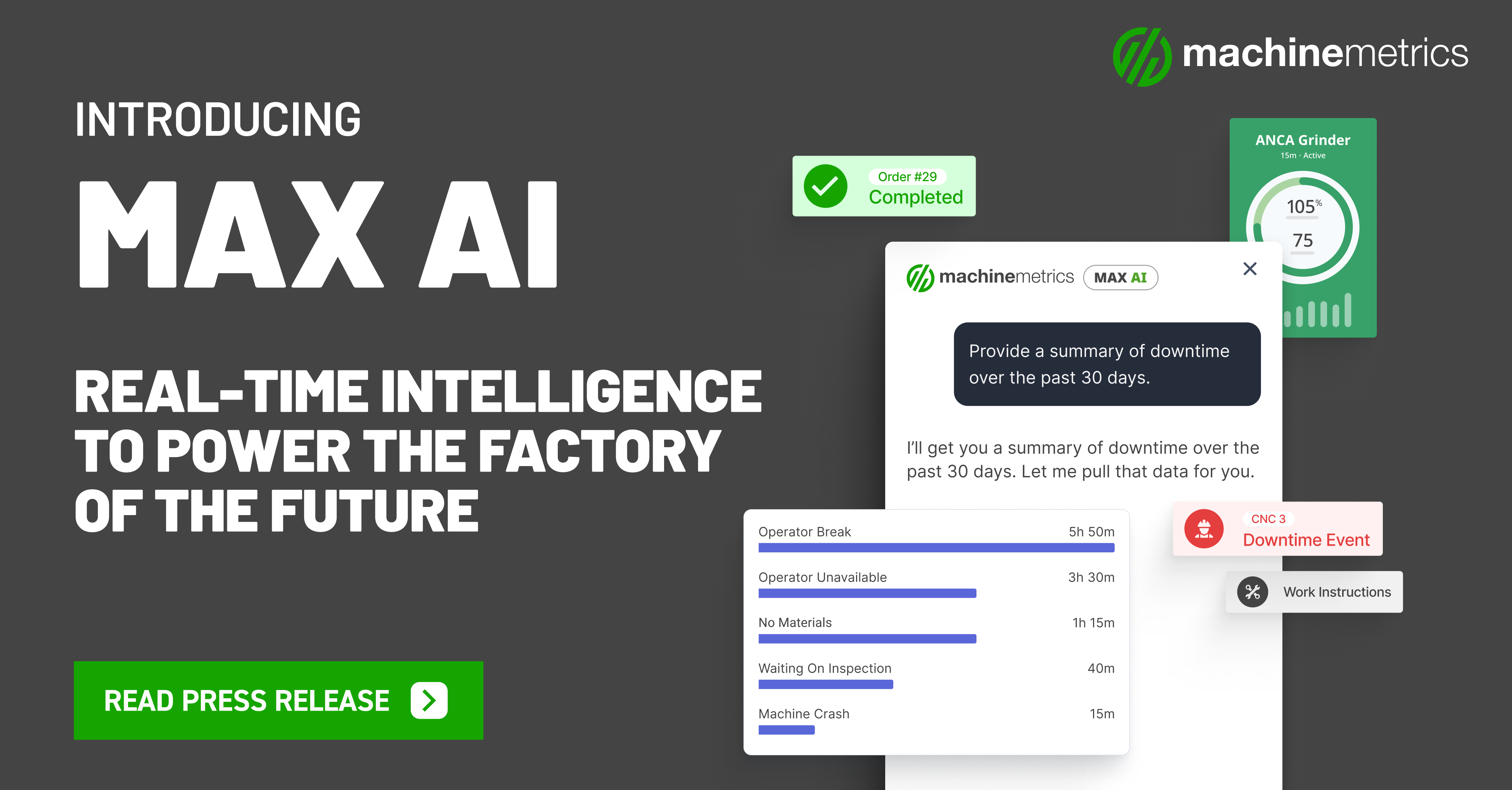
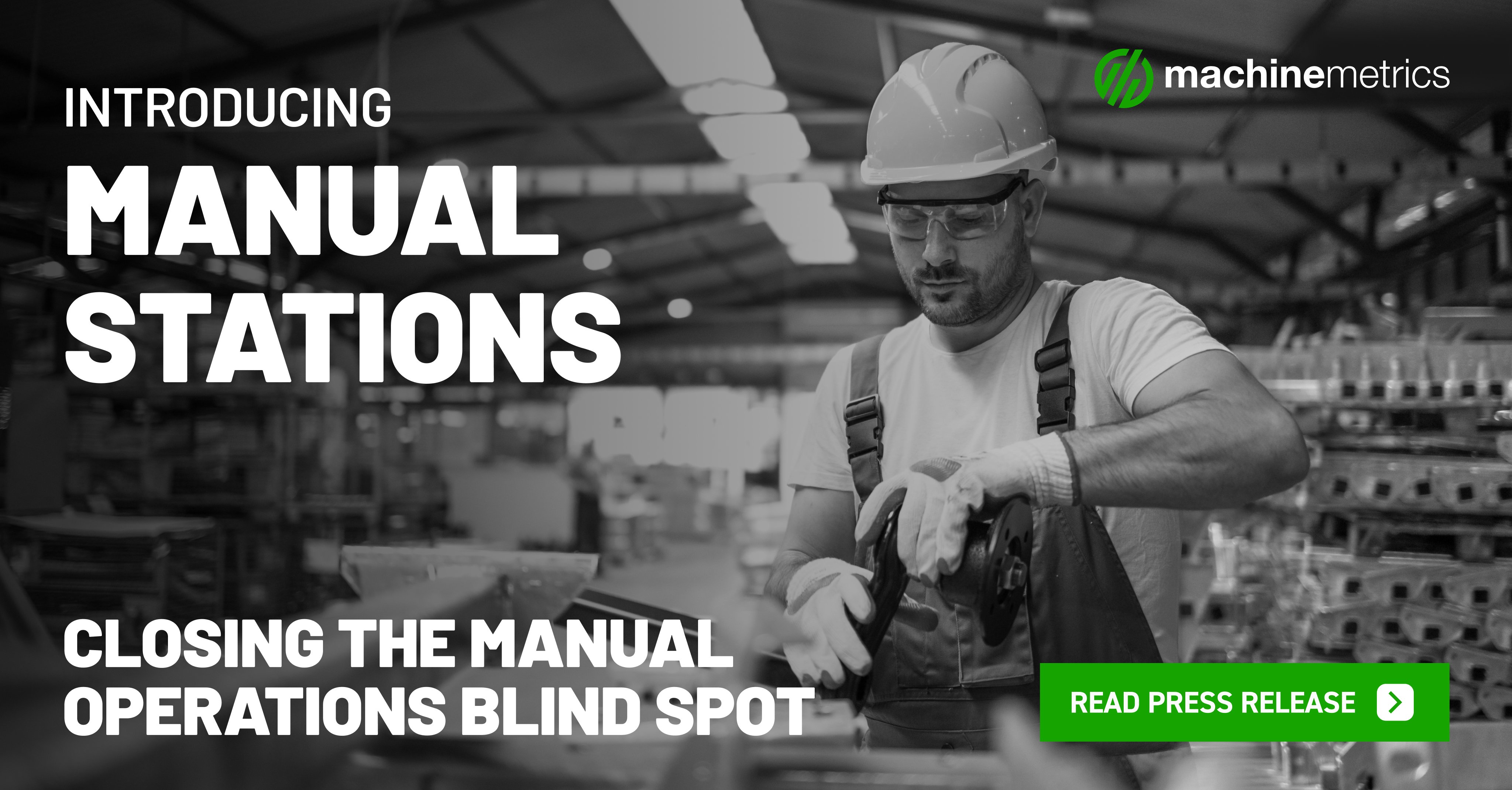
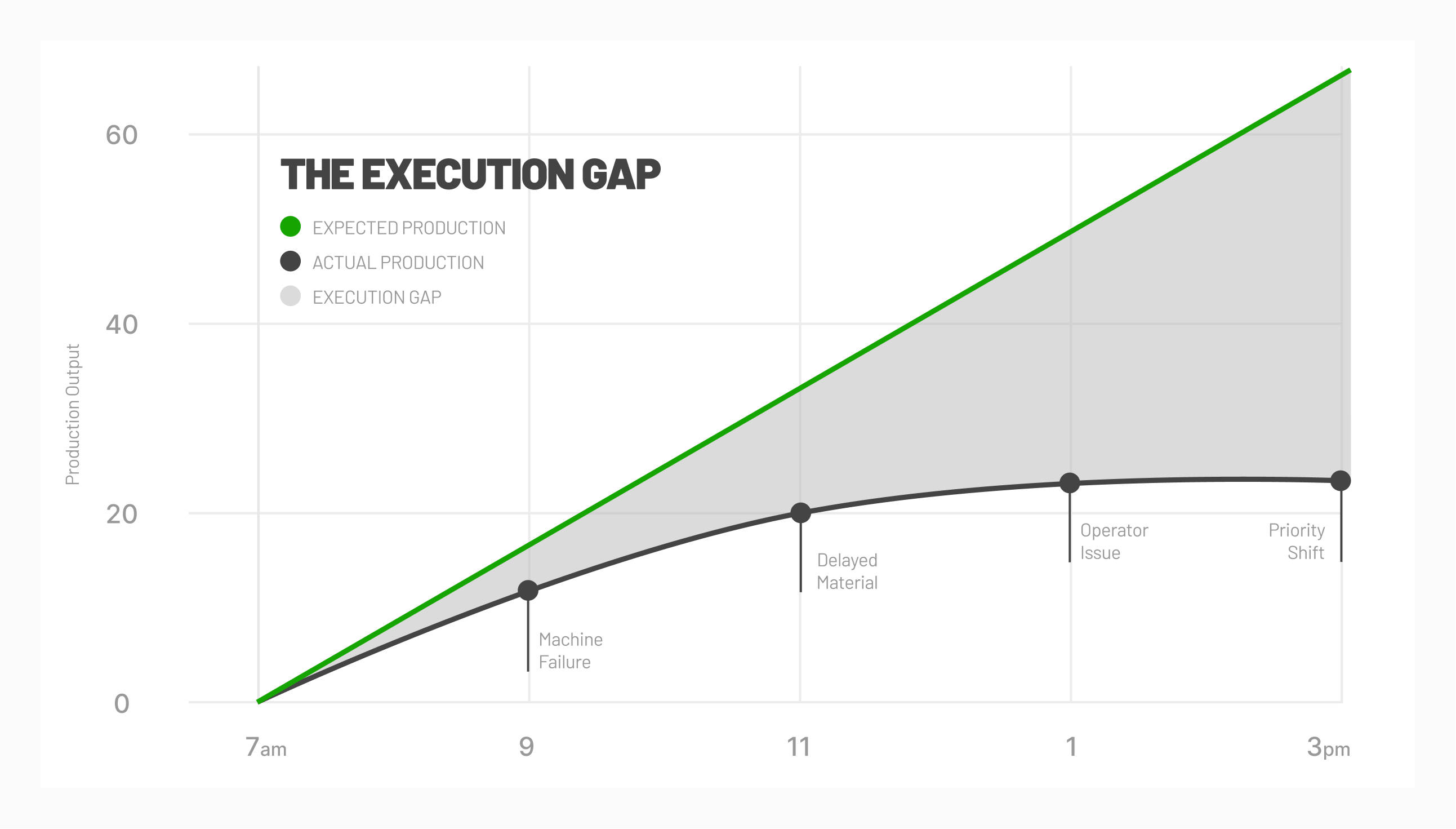

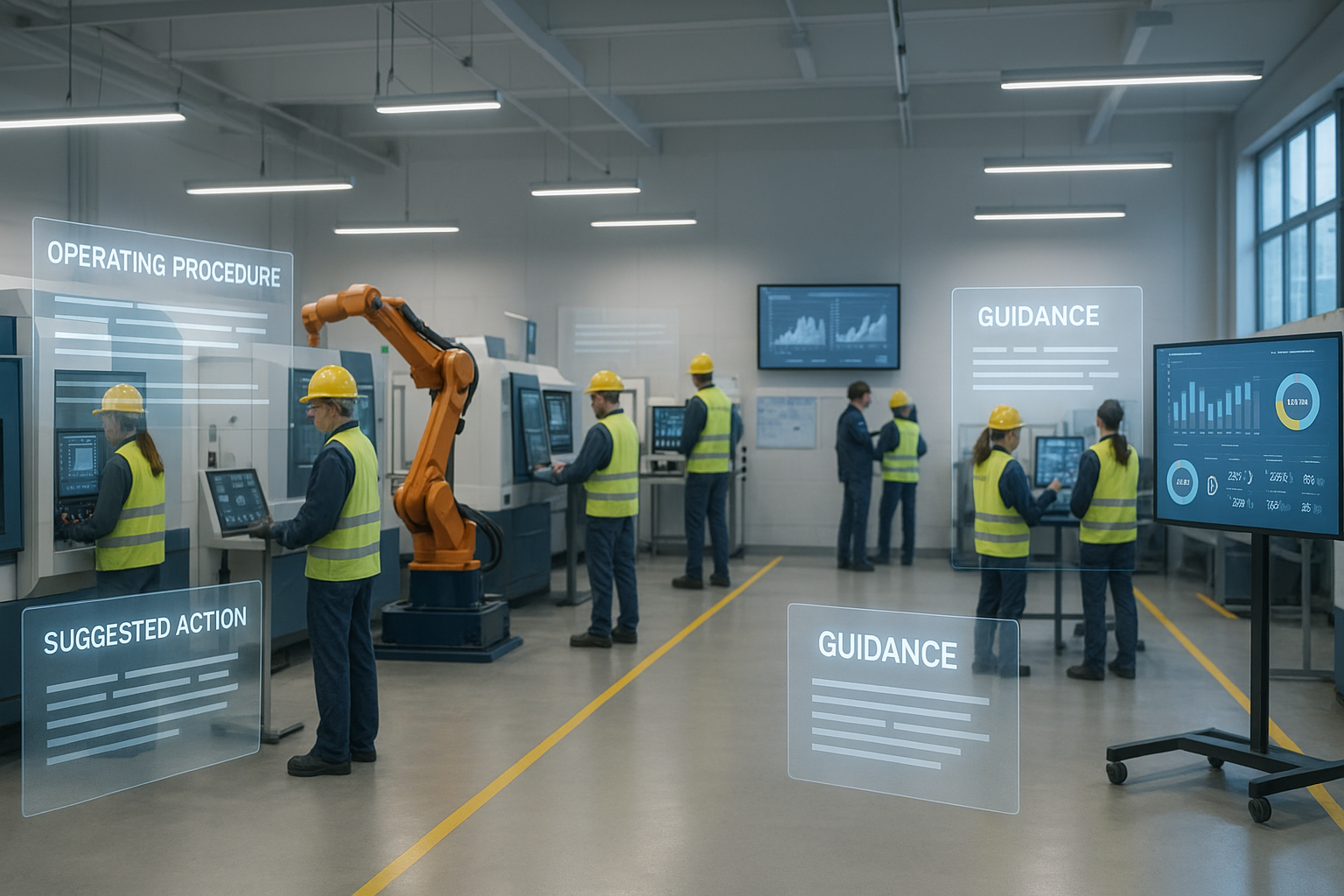

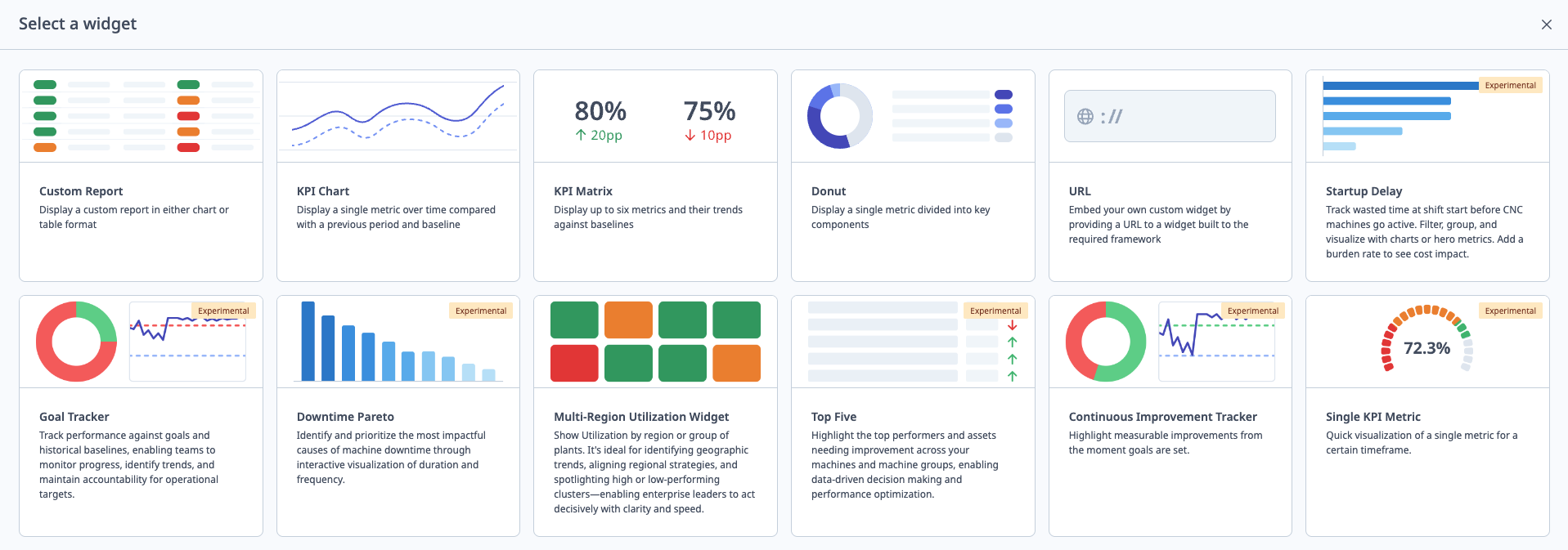
Comments